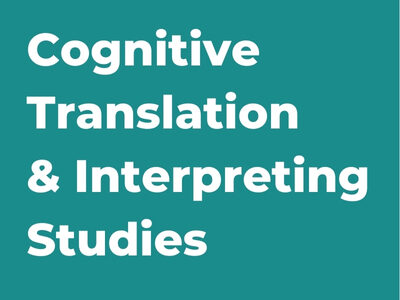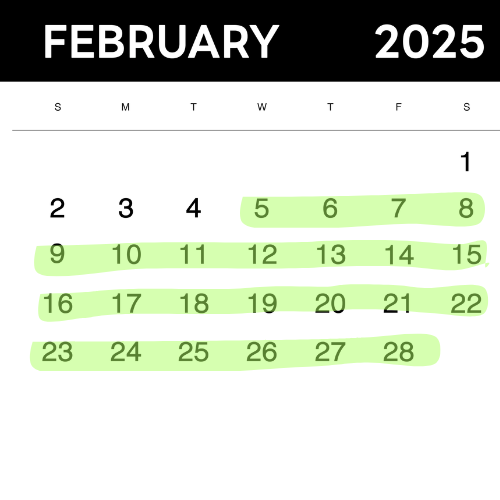A day in the life of a CTIS Summer School student
Daily plan: from Monday to Friday
| Time | Activity |
|---|---|
| 09:00 – 10:00 | Class 1 |
| 10:15 – 11:15 | Class 2 |
| 11:30 – 12:30 | Class 3 |
| 12:30 – 14:15 | Lunch break |
| 14:15 – 15:45 | Debriefing and tutored exchange in small groups [Lehka-Paul, Morata, Witczak] |
| 16:00 – 16:30 | Individual tutoring session* |
| 16:30 – 17:00 | Individual tutoring session* |
| 17:00 – 17:30 | Individual tutoring session* |








